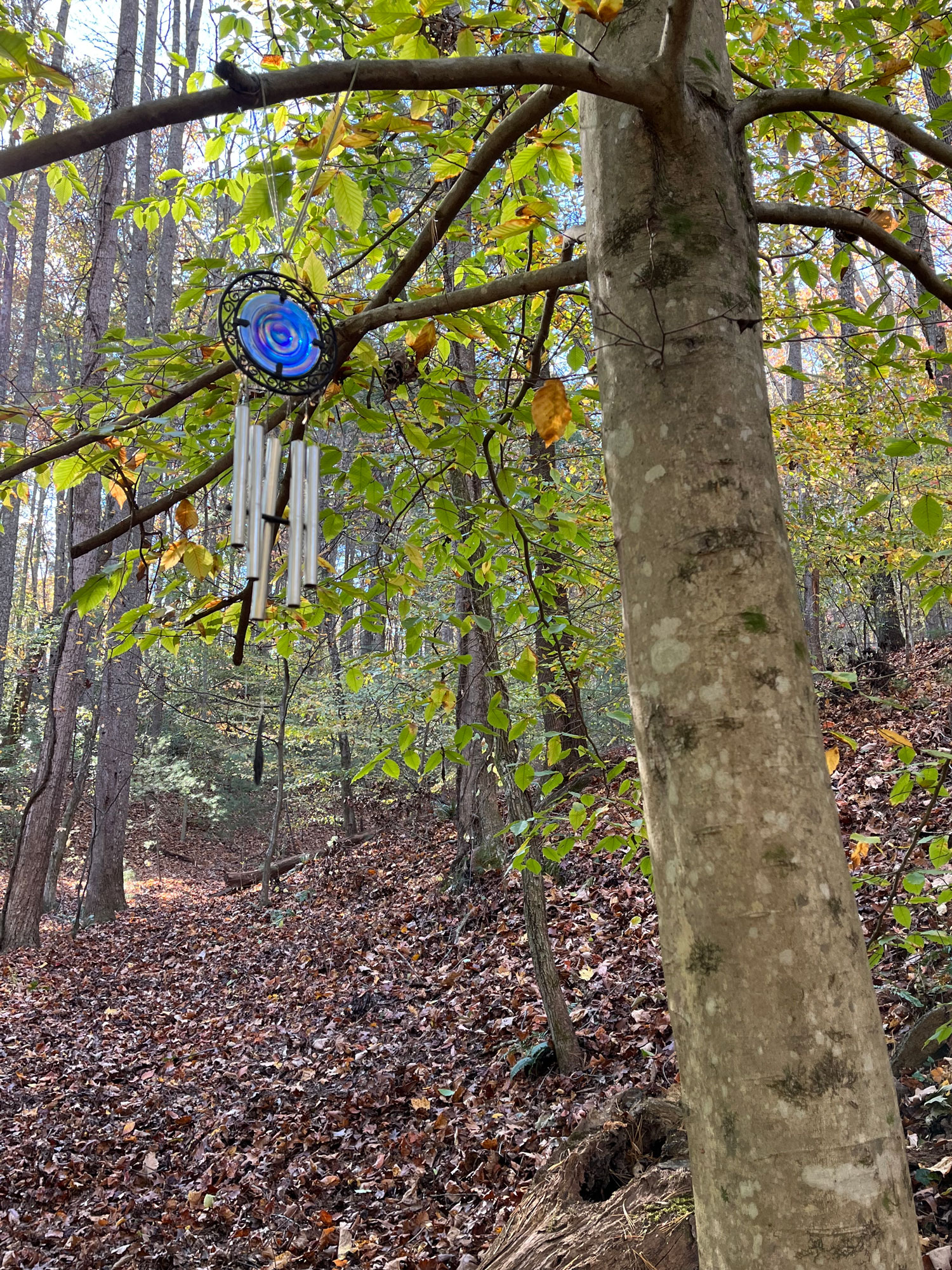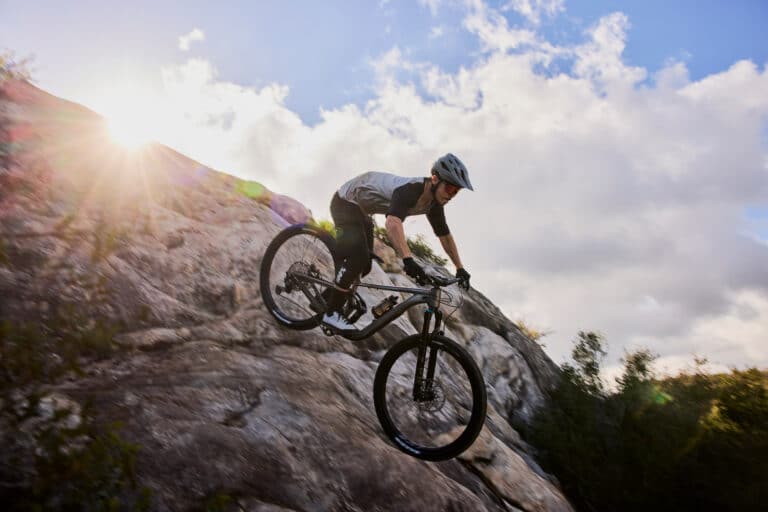I work as a caregiver for a young man who spends most of his waking hours in a wheelchair. This involves cooking (and cutting up) his food, transfers to and from the bathroom, changing diapers and clothes, brushing teeth, stretching calves and toes, then moving him safely into bed at night.
Jeremiah never complains to me about his situation in life. Rather, he asks about my life—what I did after yesterday’s shift, what my plans are for tomorrow. While I never quite lie, I find myself omitting certain details in hopes of shielding him from potential envy or pain. How might someone without full use of their limbs feel when I mention plans to hike a woodsy trail, cut vines from trees, gather rocks for a fire pit, or simply saunter into a riverside bar for a drink? Since meeting Jeremiah, I’ve become aware of just how much of my life revolves around the freedom to move about whenever I choose. Just walking outside to pee on the compost heap is a luxury I know I should take for granted no more.
And yet, I’m only human.
One morning I’m silently lamenting having agreed to work three 16-hour shifts in a row. I’m missing mornings at home, missing my ritual of strolling about the garden with that first cup of coffee. I’m craving an entire day to myself in Nature without any plans other than to count geese soaring above, and my goal is to slip away from Jeremiah’s home without conversation. But the daytime caregiver is running late, so when Jeremiah calls out to say he’s awake, I go to his room to help him from bed.
As we’re moving into the bathroom, Jeremiah thanks me for staying the extra half hour and tells me that I’m a good person. I don’t mention the selfish thoughts I was having only moments before. I just say that he’s a good person too. When Jeremiah asks what I’ll be doing today, I say I’m looking forward to spending some time in the woods. “Well, I’m looking forward to getting my new wheelchair,” he responds. Not only does the new model have a built-in music system that will allow him to play his favorite tunes, the wheelchair comes with an advanced battery system that’s easier to charge and will reduce my workload at night.
I nearly cry when Jeremiah mentions how happy it makes him to improve my life. On the drive home, I can’t get Jeremiah out of my mind. While I’d been selfishly agonizing over all that I missed, he was being grateful for good things to come.
I carry Jeremiah in my thoughts as I walk to a bell that hangs from a tree near a stream. This is where I linger most mornings thinking of friends who are dealing with difficulties. I’m not religious, but it’s become my ritual to ring the bell in their honor while sending good thoughts. Today I send these thoughts to Jeremiah, thinking how much I’ve come to admire and appreciate him, how lucky I am that he entered my life. As I’m thinking all this, the forest comes alive as if we’re in conversation. Leaves dance my way in spirals of joy, and all that’s been bothering me suddenly seems inconsequential.
You see, I wasn’t overwhelmed solely from working long hours. My partner is leaving soon to teach overseas. For weeks, we’ve been rushed and disjointed while scurrying about on hectic schedules. There have been minor disagreements surrounding whose turn it is to do this or that chore, and just yesterday in a sleep-deprived state I snapped and said something harsh. She didn’t speak much after this, while I felt guilty for hurting the person I love most in the world.
Today I consider all this down by the bell—how, in comparison to lives spent in wheelchairs, most of our problems are minor. I vow that, in the new year, I’m going to be more grateful. Then I decide that I’m not waiting; I’m starting the new year right now.
When I emerge from the forest, I discover my partner lacing her shoes in a sunny spot near our garden. I haven’t seen her for three days, and I’m awestruck by her beauty. She looks dazzling, refreshed—luminous, really—and I hold her in my gaze, thinking, How lucky we are!
I kneel beside her in pretty much the same position where I kneel each evening when I tend to Jeremiah. As I place my hands upon the strong thighs my partner uses to power herself on gazelle-like runs through the woods, she smiles to let me know that my recent missteps and poorly chosen words are forgiven.
“You look ten years younger than when I last saw you,” I say. “Did you sleep extra last night?”
“No,” she responds as she stands and begins to bounce like a teen on nimble legs. “I’ve been up for hours making a gratitude list.”
Then without saying more, my partner sets off on her run. I watch as she leans into—then merges with—the wind and the forest as she gathers speed and appears to float over pine needles and leaves. I marvel at the smallest of things—which might not be so small after all.
Cover photo: Photo courtesy of the author.








